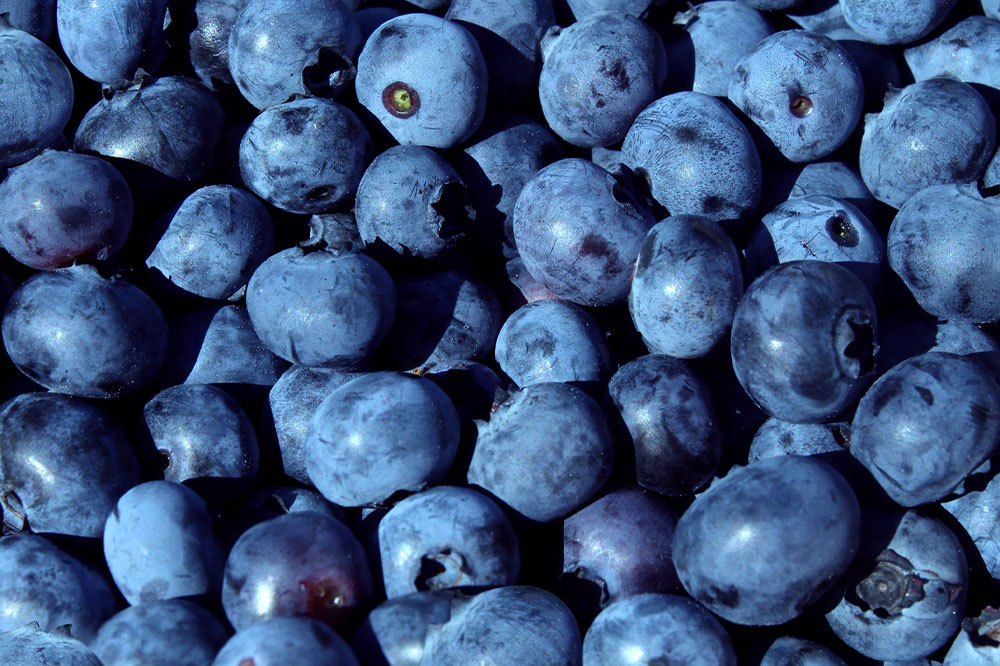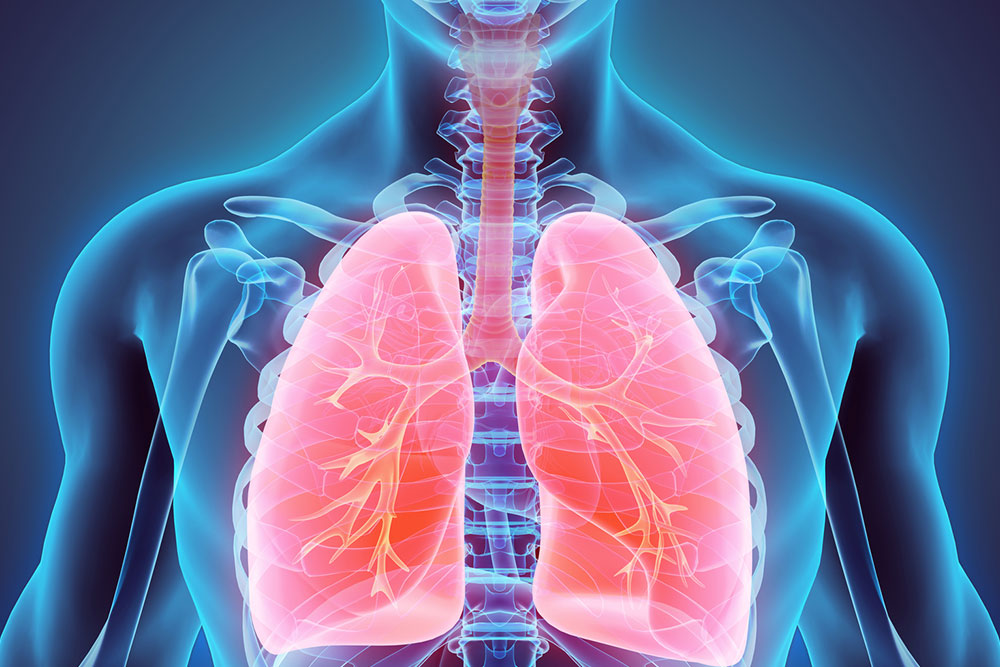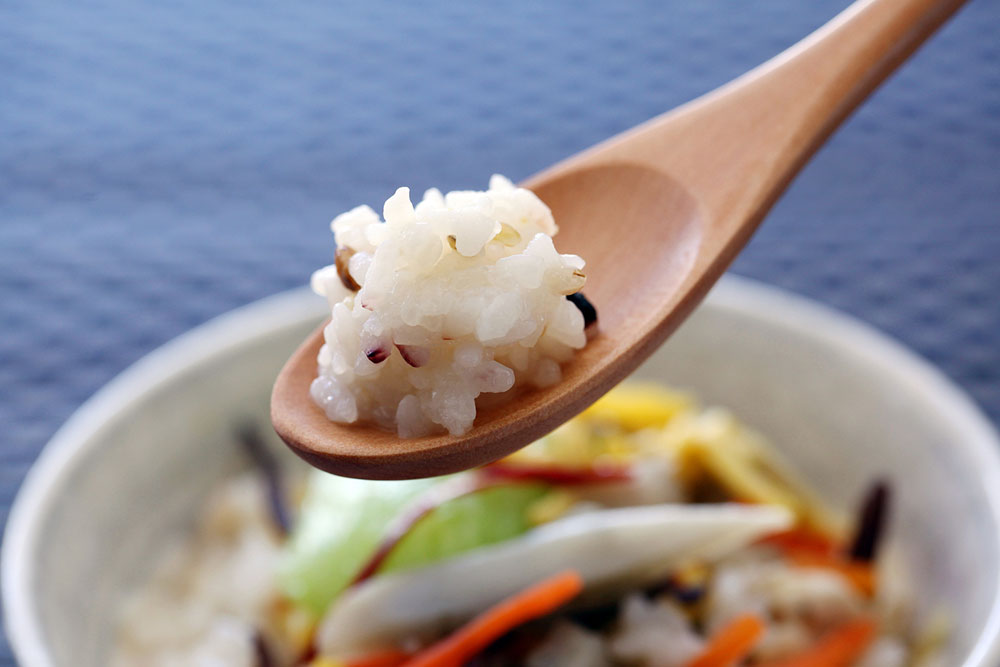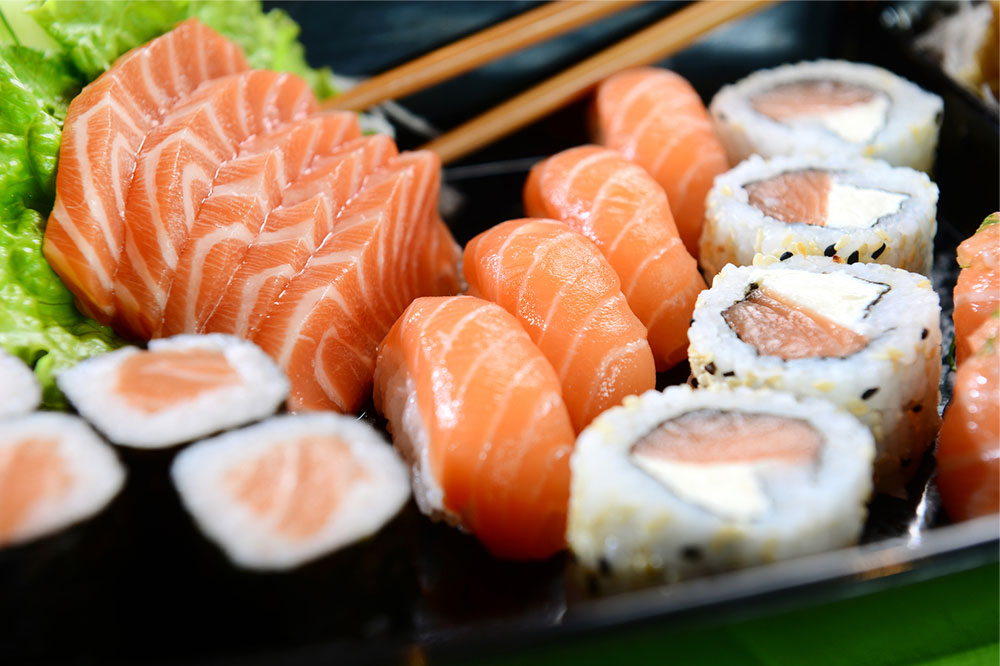Effective Strategies and Nutritional Tips for Managing Lung Cancer
This article discusses effective treatment options for non-small cell lung cancer, including targeted therapies like IMFINZI®, TARGRISO®, and GILOTRIF®. It highlights dietary strategies, such as consuming fatty fish rich in vitamin D and fruits and vegetables, to support lung health. Additional remedies like exercise, massage, and acupuncture are also covered as complementary approaches. Emphasizing lifestyle changes and medical treatments, this guide aims to help patients manage lung cancer more effectively through integrated care and nutrition.
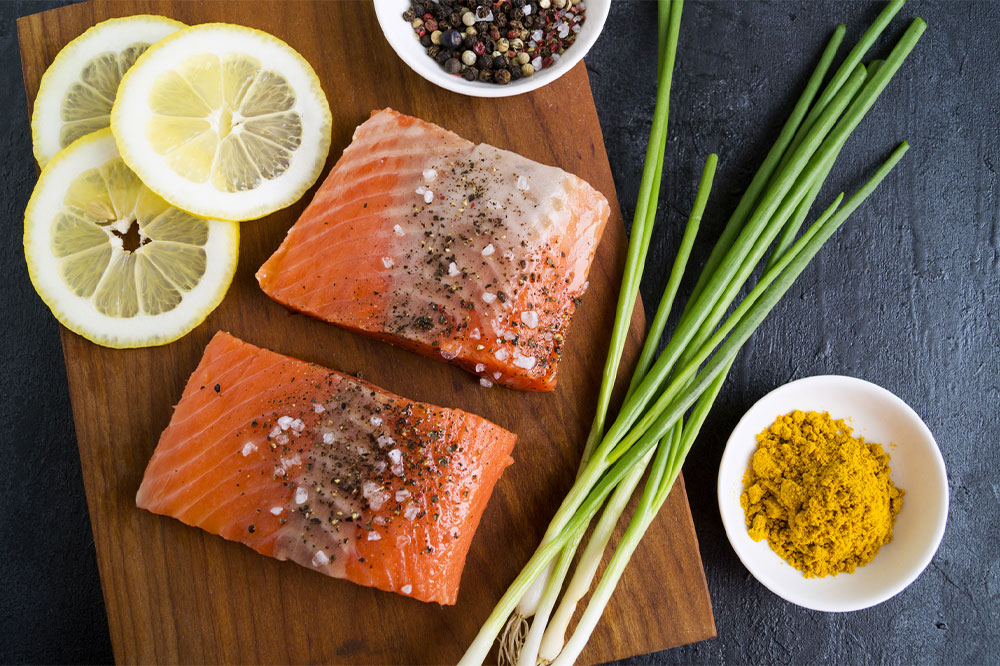
Effective Strategies and Nutritional Tips for Managing Lung Cancer
In 2022, approximately 236,740 new cases of lung cancer were reported, according to the American Cancer Society. Predominantly diagnosed in individuals aged 65 to 70, lung cancer can also affect younger adults. It is categorized into small cell and non-small cell types, with this article focusing on non-small cell lung cancer (NSCLC) treatments and dietary approaches to support management.
Therapies for Non-Small Cell Lung Cancer
When NSCLC spreads, cure becomes difficult; however, targeted therapies and kinase inhibitors can help slow or contain the disease's progression.
Outlined below are some treatment options based on the cancer stage.
IMFINZI®
Used for patients with stage 3 lung cancer ineligible for surgery, especially effective after concurrent chemoradiation when the disease hasn't advanced further.
TARGRISO®
A daily targeted therapy for patients with epidermal growth factor receptor (EGFR) positive NSCLC, aimed at preventing recurrence after surgery. TARGRISO® can be taken with or without food.
GILOTRIF®
Prescribed for metastatic NSCLC patients with certain non-resistant EGFR mutations, including cases progressing after platinum-based chemotherapy.
Regarding diet to support lung health, specific foods can be beneficial.
Omega-3 Rich Fish
Fatty fish like salmon, mackerel, and herring are high in vitamin D, crucial for lung cancer patients. Incorporating salmon regularly into meals is recommended.
Fruits and Vegetables
Fruits such as pears and apples contain antioxidants and phytonutrients with anti-cancer properties. Aim for at least five servings daily. Foods like eggs, beans, oats, brown rice, nuts, nut butters, and soy products can also aid in management.
Additional Remedies for Lung Cancer Support
Regular Exercise
Maintaining consistent physical activity and consuming unprocessed, nutrient-rich foods can improve overall health and treatment outcomes.
Therapeutic Massage
Massage therapy relieves muscle tension and promotes relaxation, which can help ease treatment-related discomfort. Always consult a healthcare provider before starting massage therapy.
Acupuncture
Trained acupuncturists can alleviate symptoms like pain and nausea associated with lung cancer. It is essential to seek professionals experienced in cancer-related treatments and understand the procedure guidelines.
While there are no specific home cures for lung cancer, adopting healthy eating habits and an active lifestyle can support patient well-being and treatment efficacy.

